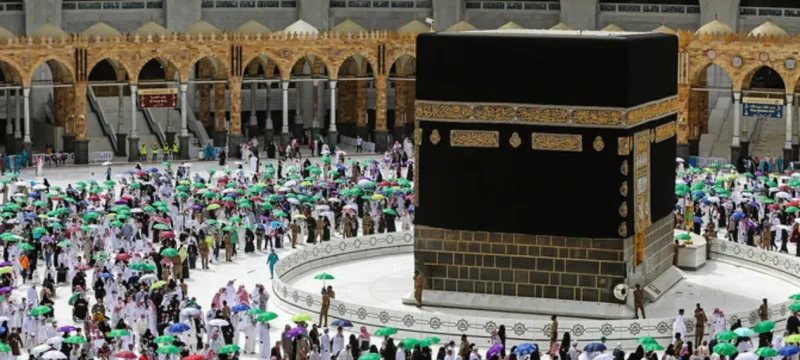Saudi authorities have reiterated that obtaining a permit is mandatory for participating in the Hajj pilgrimage, warning that violators may face severe consequences. The Ministry of Hajj and Umrah clarified that the Hajj visa allows travel only within the cities of Jeddah, Medina, and Mecca, and does not permit work, residency, or travel outside these areas. Violations could result in future Hajj bans and deportation.
International visitors, excluding those from GCC countries requiring a Hajj permit, must obtain a Hajj visa for the annual pilgrimage, scheduled to commence next month. Saudi Arabia anticipates welcoming over 2 million pilgrims from around the world for this year’s Hajj.
Also Read: Saudi Arabia Imposes Heavy Fines for Hajj Violations
To enhance security measures, authorities announced that pilgrims will wear special tags to help identify illegal participants. The Ministry of Hajj and Umrah launched the Nusuk Card, containing pilgrim data, which must be displayed by legal pilgrims to access holy sites during the pilgrimage. A digital version of the card is available on Saudi apps Nusuk and Tawakklana. Overseas pilgrims will receive the card from respective Hajj offices after visa issuance, while domestic pilgrims will obtain it from service providers after Hajj permits are issued.









